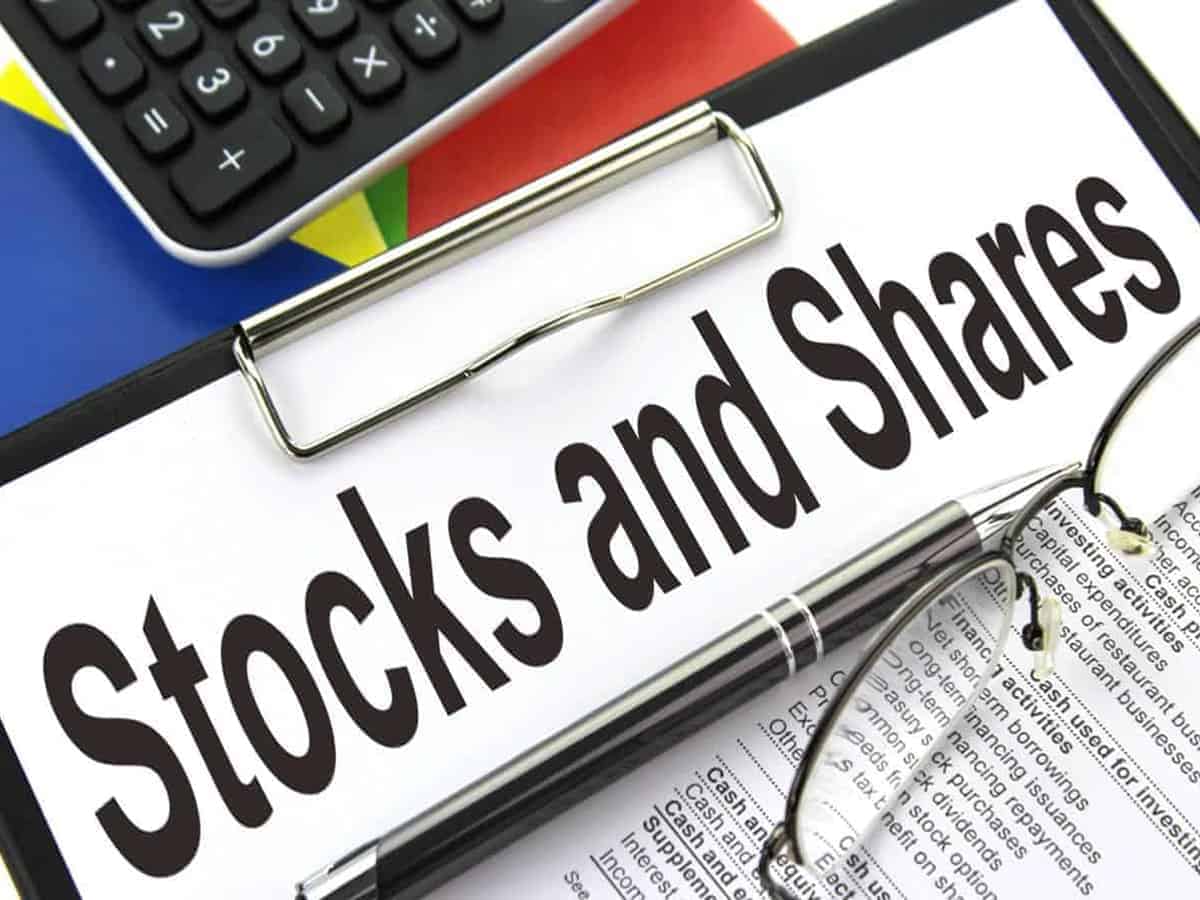Tokyo: World shares and U.S. futures advanced Friday after President Donald Trump and his challenger former Vice President Joe Biden faced off in their second and final debate before the November 3 election.
Stocks rose Friday in Paris, London and Tokyo but declined in Shanghai. The debate over, investors will again be focused on hopes for another round of aid for the U.S. economy.
House Speaker Nancy Pelosi said progress was being made on talks to deliver more stimulus but it remains unclear if the Democrats and Republicans will manage to set aside their differences to provide help for businesses and millions of people who have lost their jobs during the coronavirus pandemic.
In their debate, late Thursday, Trump and his Democratic challenger Biden managed a more substantive exchange than during their first raucous clash several weeks ago. There were no major market-moving surprises.
The final U.S. presidential debate was less chaotic than the first but offered little new information to inform the result for markets,” Stephen Innes of Axi said in a commentary.
Meanwhile, discussion relevant to the post-election economic outlook was limited, particularly from President Trump.” Germany’s DAX gained 0.9% to 12,654.60 while the CAC 40 in Paris jumped 1.1%, to 4,904.25. Britain’s FTSE 100 gained 1% to 5,843.13 after Japan and the UK signed a trade agreement to replace the pact with the EU which will no longer apply after Britain’s exit from the bloc.
European shares were lifted by strong corporate earnings reports that helped make up for weak manufacturing data.
Sharply rising coronavirus caseloads across most of Europe are raising the likelihood of more disruptions from business shutdowns and other measures to fight the pandemic.
“Investors are worried about the surge in coronavirus in Europe. France reported over 40,000 new cases for the first time yesterday. Overall, daily COVID-19 cases are reaching their record number in Europe,” Naeem Aslam of Avatrade.com said in a commentary.
“The situation is not getting out of control yet, but alarm bells have started to ring for sure,” Aslam said.
In Asian trading, Japan’s Nikkei 225 picked up 0.2% to 23,516.59 and the Hang Seng in Hong Kong added 0.7% to 24,945.08. In Seoul, the Kospi edged 0.2% higher to 2,360.81.
The Shanghai Composite index slipped 1% to 3,278.00. In Australia, the S&P/ASX 200 edged 0.1% lower to 6,167.00.
On Wall Street, stocks shook off a wobbly start to end higher, with the S&P 500 closing up 0.5% at 3,453.49 after several earnings reports from big U.S. companies came in better than analysts had expected.
Pelosi, the House speaker, and Treasury Secretary Steven Mnuchin have been negotiating daily this week on another dose of stimulus for the economy.
Help is on the way. It will be bigger, it will be better, it will be safer and it will be retroactive, Pelosi said.
Markets have been gyrating for weeks as investors gauge the chances of the Democrats and Republicans striking a deal on more support for the economy. Time is running out to get something done before the election.
The Dow Jones Industrial Average gained 0.5% to 28,363.66. The Nasdaq composite added 0.2% to 11,506.01. The Russell 2000 small-cap index climbed 1.7% to 1,630.25.
Part of a stimulus deal might be extra benefits for workers who lost their jobs due to the pandemic. A report Thursday showed that 787,000 workers applied for unemployment benefits last week, better than the week before but still incredibly high.
In another trading Friday, the yield on the 10-year Treasury was steady at 0.85% from 0.86% late Thursday. It’s still close to its highest level since June.
U.S. crude oil fell 23 cents to 40.41 per barrel in electronic trading on the New York Mercantile Exchange. It added 61 cents to 40.64 per barrel on Thursday. Brent crude, the international standard, gave up 20 cents to 42.26 per barrel.
The U.S. dollar bought 104.70 Japanese yen, down from 104.86 yen late Thursday. The euro rose to 1.1827 from 1.1820.

